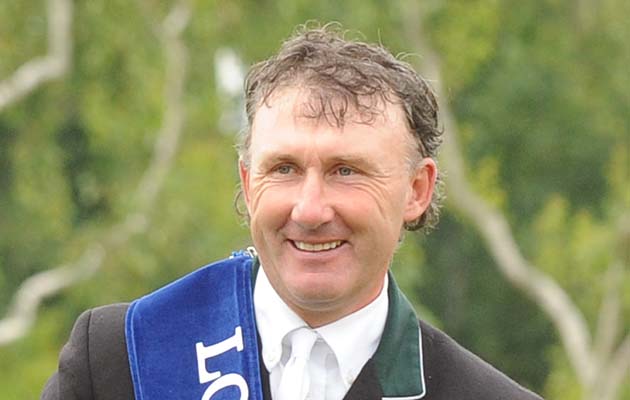A no-deal Brexit would hit our industry very hard, and after this past week in politics, it’s not looking good.
Some of the older riders remember a time when you had to get every horse listed on a carnet and registered with the Chamber of Commerce before you left England, to provide customs with a guarantee for their value.
In those days, we had to stop at every border to do the paperwork and there were lengthy hold-ups — at Aachen, the border stop could be as long as 10 hours.
Many people are now asking if we will still be able to move our horses out of the country freely. A halt on horse transport would be very unlikely, because the UK has been granted listed status, but there is still much uncertainty surrounding our exit from the EU.
Political uncertainty has meant an ever-diminishing pound, which is not in the best interests of people who make a living buying and selling horses.
When you often compete abroad, there are a lot of bills to pay in foreign currencies and that makes it hit even harder.
It would be nice if we could make something positive out of a no-deal situation and if we’re no longer receiving EU subsidies for agriculture, then it might be an opportunity to reclassify equestrian businesses.
It would be a great time to get our breeding programmes under the advantage of agricultural subsidies, or for breeders and keepers of youngstock to benefit from a reduced rate of VAT. As a nation, we need to increase the quality of our breeding.
If people are subsidised to put mares in foal, and we have recognised auctions to sell stock, all of a sudden there would be a better pool of horses to choose from — and what better time for this than when we’re renegotiating our deal?
Ireland, France and Holland have benefited from subsidised breeding programmes. Under the Irish prime minister Charlie Haughey, breeders were granted a lot of breaks — if you owned one breeding stallion, you were exempt from all taxes until Brussels put an end to that in 2005. Coolmore and all the studs earned a fortune without having to pay a penny.
There were also grants for arenas, fencing and facilities and it led to a golden era for Irish breeding.
Foster found on Facebook
Amy Inglis recently jumped a double clear in the La Baule Nations Cup on a home-bred mare — how brilliant it would be if we could see more of this because of funding and incentives. Instead of rates on our facilities, we could be receiving grants for indoor schools and encouraging landowners to diversify.
At Heathcroft Farm we breed around five foals a year. For the past few seasons, I have had the mares inseminated later and then foaled them in the field come May. They seem much happier for it.
This year, we found a foster mare through social media, after we lost a surrogate who I bought at auction. My vet observed that she had probably been too small for the donors. With embryo transfers, you need big, roomy mares, or there’s always a danger.
Her very nice Diamant De Semilly foal survived and by 11pm that night was suckling on its foster mother, thanks to the help of Facebook.
Ref: Horse & Hound magazine; 30 May 2019
For all the latest equestrian news and reports, don’t miss Horse & Hound magazine, out every Thursday

